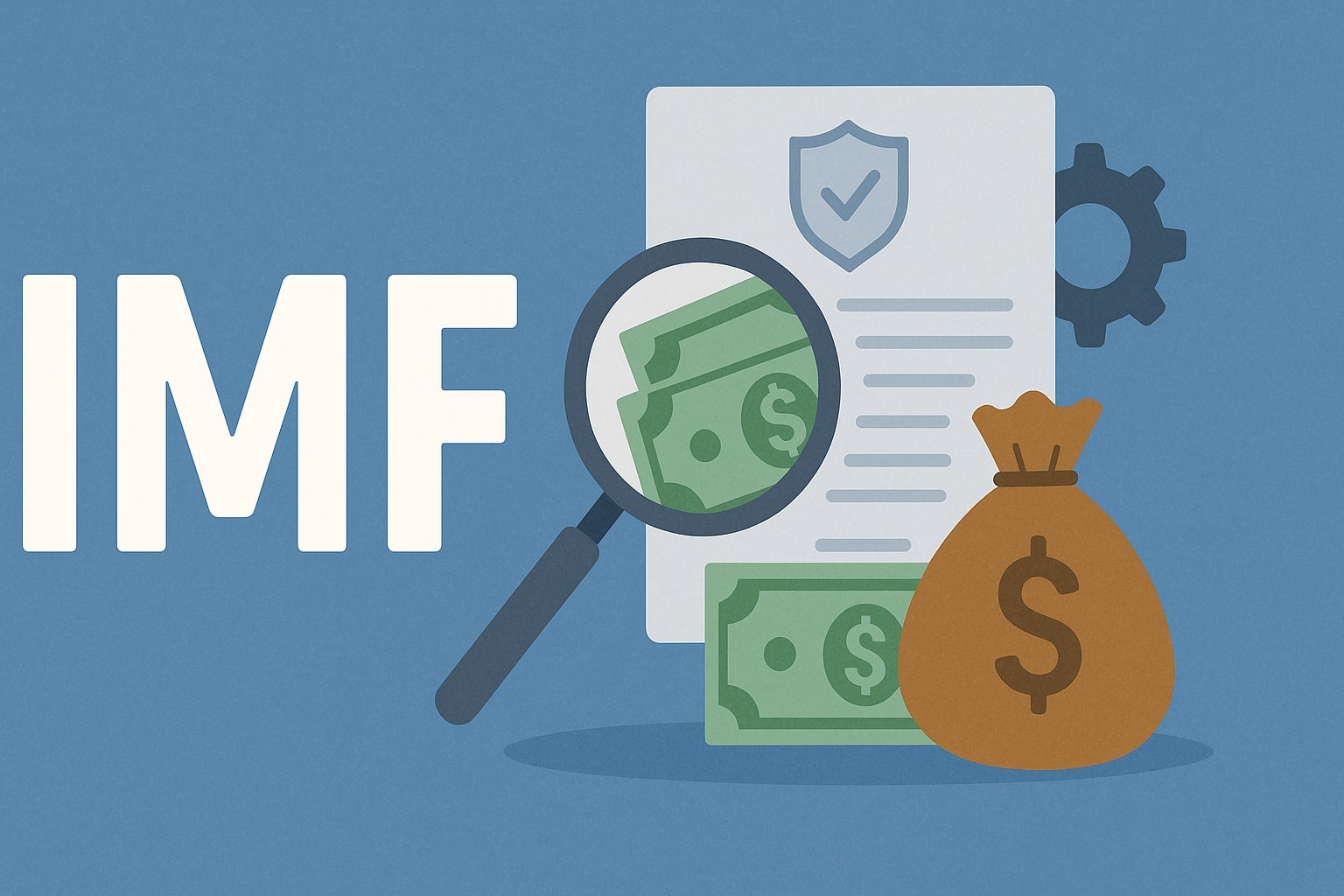The International Monetary Fund (IMF) has underscored the dire need for modifications in current legislation to bolster the efficiency of anti-money laundering (AML) measures. This came in response to increasing global concerns about the loopholes in existing systems which have led to the misuse of monetary funds across various economies.
The IMF’s objective is clear: to help economies establish stronger, more streamlined measures to fight money laundering, a malpractice that significantly weakens economic growth and stability. The fund has signaled the importance of structural reform in AML legislation, stating that strengthening legal frameworks is critical to the effective prevention, detection, and prosecution of money laundering offenses.
Existing anti-money laundering frameworks in many countries are fraught with loopholes. The IMF has pointed out the urgent need for a comprehensive overhaul of these structures to make them immune against the proliferation of illegal financial activities. This is crucial not only to maintain financial transparency, but also to foster sustainable economic growth.
One of the key areas ripe for reform, as highlighted by the IMF, is the area of financial surveillance. It concerns the mechanisms that detect and report suspicious financial activities. Enhanced surveillance measures, underpinned by robust legal frameworks, can prevent money launderers from exploiting the system for their illicit gains. To put this into action, the IMF has urged countries to engage more actively with organizations actively battling against money laundering.
Moreover, the IMF stated that the problem of money laundering is not just a domestic issue but a global one, requiring collective action. Hence, there is the need for improved cross-border cooperation to deter and detect money laundering. International cooperation can ensure that countries worldwide can effectively share information and address the loopholes that allow money laundering to thrive.
Another key consideration is enhancing the penalties for money laundering. The IMF emphasized the need for strict sanctions to deter potential offenders. Higher penalties, both financial and criminal, should be levied on individuals and financial institutions found guilty of connivance in money laundering.
The IMF’s pronouncement comes as many economies are grappling with the impacts of money laundering. By strengthening the anti-money laundering regime, it believes economies can shield themselves from the damaging effects of money laundering and ensure a more sustainable and inclusive growth. The IMF’s emphasis on overhaul of the anti-money laundering legislation underscores its commitment to creating a more transparent and accountable global financial system.
In conclusion, the IMF’s call for legislative reform to boost anti-money laundering measures reiterates the global commitment to eradicate financial crime. It underlines the urgency of tackling this global problem on a united front by strengthening domestic legislations, enhancing financial surveillance, and fostering international cooperation. The world is being called upon to fortify its defenses against the scourge of money laundering, and the IMF’s message sets the stage for a concerted global effort. Read more


Leave a Reply